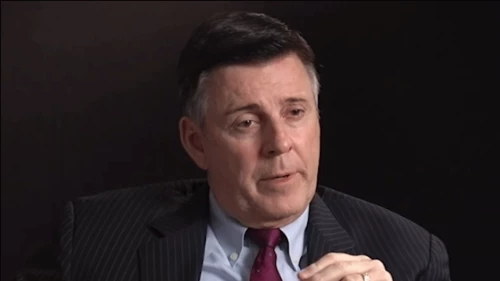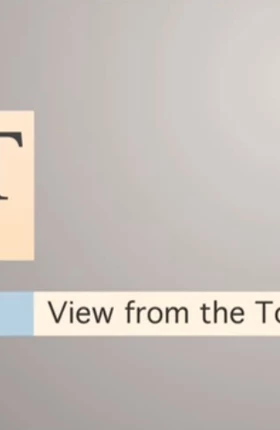James M.
Has your relationship with the board changed? Since this crisis occurred, are they more involved?
I’ve sat on maybe a dozen boards over time, and there’s certainly a trend for boards to be more active—and they are more involved here. Before becoming CEO, I was an independent board member and so, as the new CEO, I probably had the advantage of being viewed as one of them. I’ve gone out of my way to inform them about what’s going on in the company, and I think the relationships are as good as they can be. There is a tendency with active, interested board members to occasionally cross over into management roles, but part of the CEO’s job is to manage that involvement and to direct it in the right way.
As a leader, how do you encourage ethical behavior?
You must have a strong belief in doing the right thing. I’ve preached over my career that you never want to see your ethics being questioned in the right-hand column in The Wall Street Journal. And it really boils down to having the leader walk the talk. Every day, you have to behave ethically, do the right things, be fair, and hope that that trickles down to the rest of the organization.
Are you harder now on unethical behavior than you were before?
Yes. Our company has had a checkered history of being in and out of trouble. We paid enormous fines. I think people today understand that you cannot go into the gray area.
Executive compensation is in the spotlight. Are you doing anything to better match risk with reward?
In our case, stock options have not delivered the target values that are set by the compensation consultants, and we’re in the process of eliminating those and moving to a kind of quasi-restrictive stock that has both a floor and a ceiling. I think we will be the first in our industry to do this. I doubt that the restricted stock would ever go to zero or infinity. We have 28,000 people, and this would cover probably the top 10 percent.
How do you motivate and what are you doing for the other 90 percent?
You must make sure that you have a competitive pay package. In our case, our short-term performance has been extraordinary. We’ve been growing, at the bottom line, probably by about 15 percent, so our cash-bonus program has paid above target. We have been able to make up somewhat for the lack of stock option appreciation with cash bonuses.
As we move into a world where growth is likely to be slower, how do you keep employees motivated?
We struggle every day with trying to keep people performing beyond their capabilities, or at least at their capabilities. Our strategy is built around targeting the most serious diseases, and we think that’s a great rallying cry. We bring in patients who have been cured or who have had their life extended, and half the audience has a tear in their eye after they hear these speeches. The things we do are critical to human life, and I think that gives us an extra degree of motivation during these tougher times.
Is the essence of good leadership timeless?
I support the thesis that good leadership is the same in good times and bad and in changing environments. I have had the advantage of working in a very successful large company, a very successful medium-sized company, and in start-ups. I think that experience and consistency are critical. I’ve seen other companies trying to adopt the flavor of the month, and I don’t believe that works. The consistency that I bring to our management approach should be a plus for our team.






